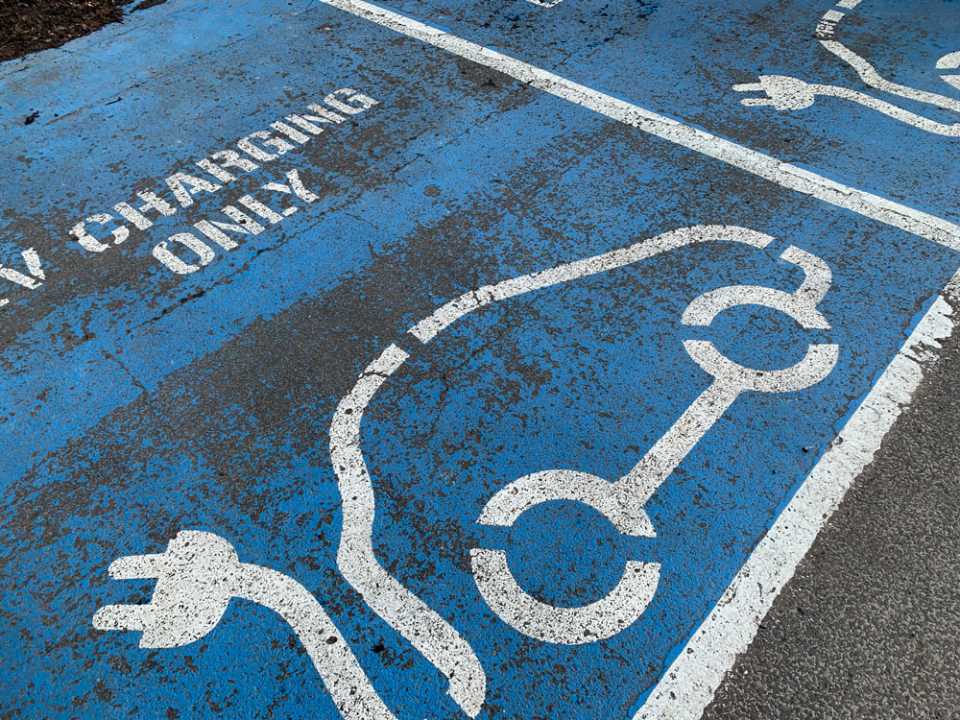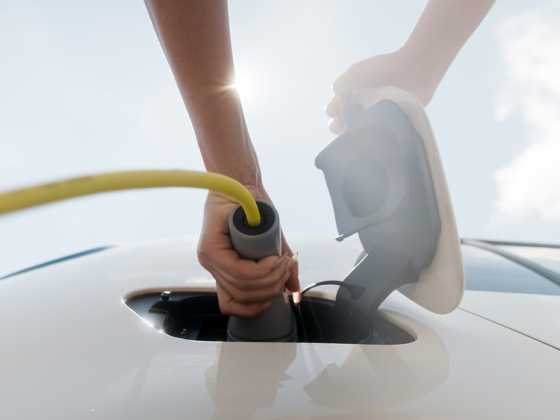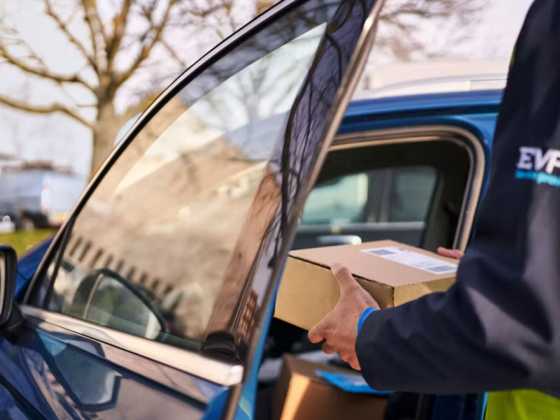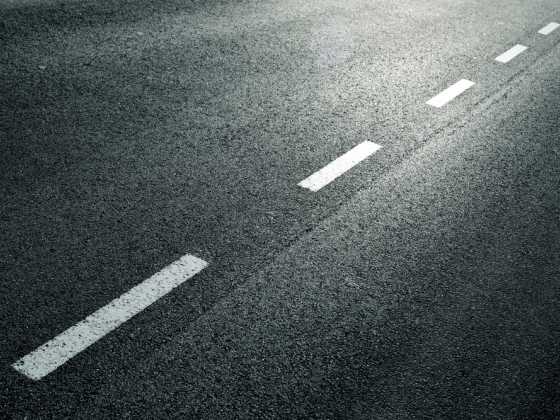Sector disappointed VAT on public charging not addressed in Budget

The fleet and electric vehicle sector has expressed disappointment that calls to lower the VAT on public EV charging has not been addressed in the Spring Budget, delivered yesterday (6 March) by the Chancellor Jeremy Hunt.
Drivers who cannot charge at home pay four times more tax for electricity when using public charge points. VAT on domestic electricity is 5% whereas motorists using on-street chargers pay 20%.
Campaign group FairCharge challenged this in advance of the budget, by sending a letter to the government - co-signed by Jaguar Land Rover (JLR), Stellantis, Polestar, Autocar Magazine, Greenpeace, Transport & Environment, Zapmap and the AA - to address this.
However, the Spring Budget failed to address this.
Adam Hall, Director at Drax Electric Vehicles, said: "Businesses/drivers will be disappointed to hear that the Chancellor hasn’t listened to calls for public charging VAT cuts. Decreasing from 20% to 5% would’ve been a helpful step in the right direction for current and soon-to-be EV owners. We would have liked to see this support from the government to increase the affordability of EV charging across the UK, especially for those who can't plug in at home or don't have access to charging facilities at work."
Barney Goffer, UK Product Manager at Teletrac Navman UK, said: "The lack of reduction on VAT for public EV charging points was a surprise; this will have a particular impact on smaller fleets who rely on public charging for their operation. So while they’ve made the commendable step to decarbonise their fleet, they’re being stung in other areas of expenditure.
"Additionally, it would have been good to see more incentives introduced for medium to large fleets, to help them scale up their transition and reach their targets quicker. Switching vehicles and installing on-site charging infrastructure are big investments and without government incentives to help scale them up, businesses are likely to struggle to make the switch."
Matthew Walters, Head of Consultancy Services and Customer Value at ALD Automotive | LeasePlan UK: "Reducing VAT on public charging, from 20% to 5%, aligning it with plugging in at home, would have been useful. Especially for drivers without off-street parking and fleets who rely on mid-shift top-ups."
Caroline Sandall-Mansergh, Consultancy and Channels Development Manager, Alphabet GB, said: “We were hopeful that the government would take further action on supporting a low-emission future as we near net-zero deadlines. For instance, the 15% VAT disparity between home and public charging remains unaddressed, making EVs a more considerable investment for those without at-home charging as an option. We are also yet to see the BIK tables for 2028/29, and eagerly await an update from the government to ensure we can factor these into our planning as early as possible.”
David Bushnell, Director of Consultancy and Strategy, Fleet Operations: "The cost of running EV fleets, particularly those that rely on public charging stations, remains a significant barrier to adoption. A reduction in VAT on public charging could have served as a strong incentive for fleet operators to accelerate their shift to electrification, aligning with the UK’s ambitious environmental targets.
"The government’s commitment to environmental sustainability and reducing carbon emissions is well-noted, but the actions to support these commitments, especially in the context of fleet transport, require more work."
David Savage, Vice President, UK + Ireland, Geotab, said: "We had hoped to see the government turn further attention to Electric Vehicle (EV) drivers, outlining new cost savings and incentives—particularly to help those who charge on the go by bringing VAT for public charging down. For those that rely on charging their EVs on public networks, the costs are often disproportionately much higher and increasingly even more expensive than refuelling traditional Internal Combustion Engine (ICE) vehicles."



